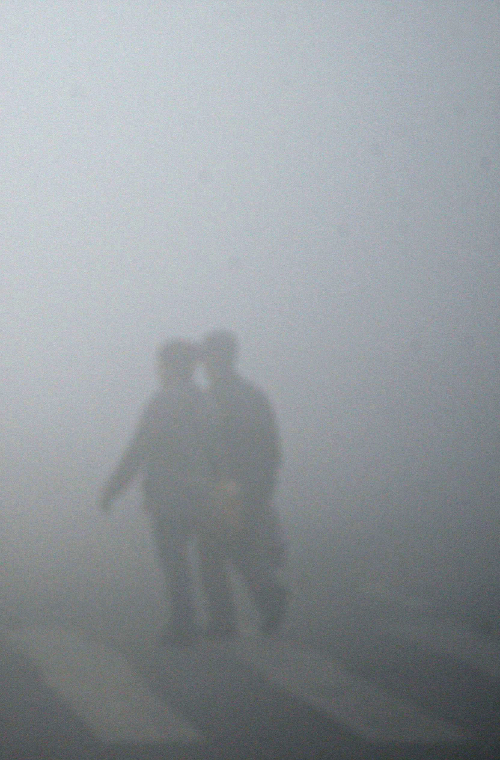Bushfire health costs near $2b
 The most recent bushfire season in Australia racked up smoke-related health costs of around $1.95 billion, according to new research.
The most recent bushfire season in Australia racked up smoke-related health costs of around $1.95 billion, according to new research.
Researchers have looked at the last 20 fire seasons, and found the 2019-2020 season was particularly dramatic, with an estimated 429 smoke-related premature deaths, 3,230 hospital admissions for heart and breathing disorders, and 1,523 emergency department visits for asthma.
The cost of the most recent season is well above the next highest estimate of $566 million in the 2002-03 season, and more than nine times the average annual bushfire-associated costs for the previous 10 years at $211 million.
With a changing climate, these impacts will only continue and may become more dramatic, the researchers add.
“This paper compares Black Summer on these measures to the past 20 years of fire seasons and says Black Summer costs were more than nine times the average of the past 10 years, or, or put another way, almost equalled the cost of the past 10 years combined,” says Dr Paul Read - Senior Research Fellow at the Monash Sustainability Institute at Monash University.
“That's a big increase.
“This paper is a critical step in clarifying an important issue with wide-ranging implications, for example, how much of a disaster levy we should apply on dirty industries contributing to climate change, climate change being responsible for about 30 per cent of the destruction according to the world-wide attribution study.
“But it's not the full story and I dare say hardly the full cost.”







 Print
Print